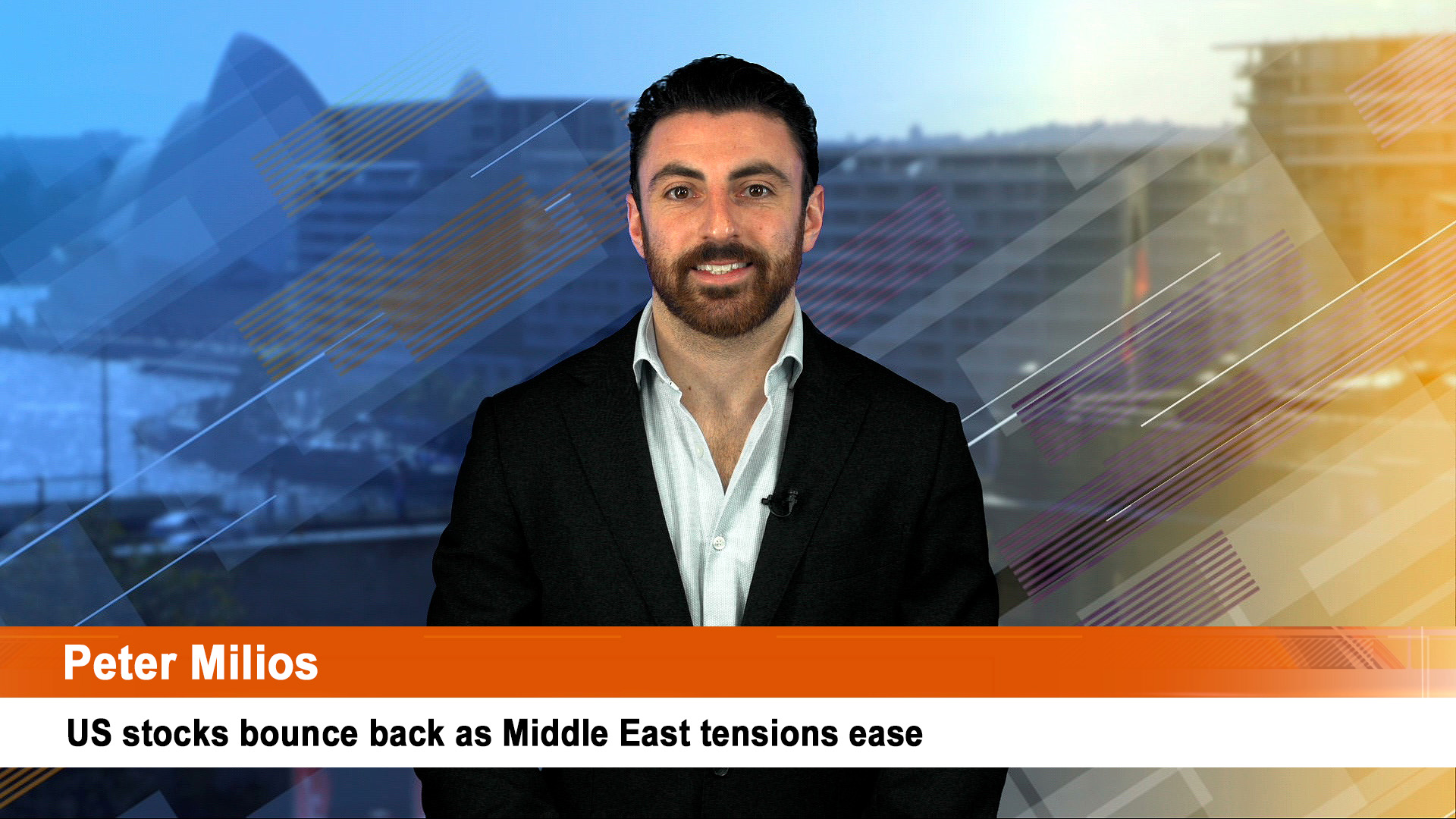Macquarie Group isn’t worried about the prospect of rising interest rates – unlike Rio Tinto or Seven West Media – as it hitched a $1.5 billion capital raising to a very solid interim result of a net profit of $2.04 billion.
The moves by Rio to either issue new debt or complete a refinancing suggests that businesses are starting to fix debt costs ahead of a rise in interest rates in the coming year.
Macquarie though has taken a very different route as it looks to capitalise on strong earnings and a record share price.
Macquarie profit is better that the guidance given last month when Macquarie indicated interim earnings would be “slightly” less than the $2.03 billion it made in the six months to March 31, this year (the second half of the 2020-21 year.
“This first half saw a significant increase in net profit contribution from all four operating groups compared with 1H21, a period which was affected by the COVID-19 pandemic,” said CEO Shemara Wikramanayake said in the release.
“Today’s result is consistent with a strong 2H21 and reflects improved trading conditions across our diverse platform.”
The bank will pay a $2.72 a share dividend for the first half, an increase compared with the $1.35 paid for the same half last year, but less than the $3.35 final dividend it paid in the six months to March. The dividend, which will be franked at 40%, was at the bottom of its dividend payout ratio range of 50% to 70%.
Macquarie’s key businesses posted strong increases in earnings, with profits in its flagship asset management arm up 23% and 52% in its banking and financial services division
The commodities and global markets division posted a 60% jump in profit contribution, while investment banking division Macquarie Capital recovered from a loss last year to post a profit of $468 million – which looks like to have been a key result for the bank.
The investment bank revealed in Friday’s interim results that it would seek to raise $1.5 billion from institutional investors through a placement, and it would also launch a share purchase plan to allow retail investors to participate.
The capital raising comes after Macquarie’s share price has been surging, rising to a record high of more than $200 earlier this week before closing at $197.83 on Thursday. Macquarie shares were put into a trading halt on Friday.
Ms Wikramanayake said on Friday that “Raising new capital provides us with additional flexibility to invest in new opportunities where the expected risk-adjusted returns are attractive to our shareholders, while maintaining an appropriate capital surplus,” she said.
Macquarie’s approach to shareholders was very different to the move Friday morning by Rio Tinto to raise $US1.25 billion for 30 years at a fixed coupon of 2.750% which will mature on November 2, 2051.
Seven West Media refinanced its existing debt facilities after spending the past two years cutting debt by cutting costs, sacking staff and selling assets and closing businesses to stay alive. Seven has been discussing this for a while and hinted at a looming deal in its August results chat.
Seven said the new facility delivers lower cost of funding, more flexible terms and maturity extended to October 2024.
“The debt refinancing marks an important milestone in the company’s transformation and reflects the significant achievements at SWM over the past 24 months, including the reduction in net debt by 57% to $240 million and an improvement in the balance sheet position, with the leverage ratio below 1x at the end of the 2021 financial year.”
“The new facility funding costs are at 2.25% above BBSY, which is half the funding costs under the previous facility. The new facility is also revolving, which will require SWM to hold less cash on balance sheet, further reducing interest costs.
“The previous facility’s COVID-era restrictions have also been eased, giving SWM greater flexibility to pursue its strategy. Financial covenants have reverted to those typical for a debt facility to a listed media company and provide ample headroom based on SWM’s most recent financial results. Previous restrictions on capital management have also been eased,” Seven said.













